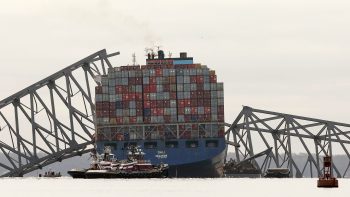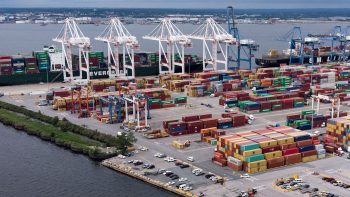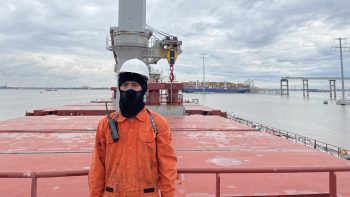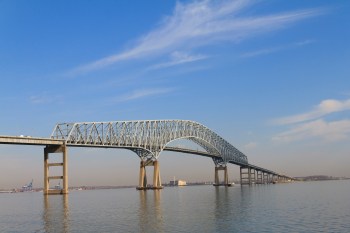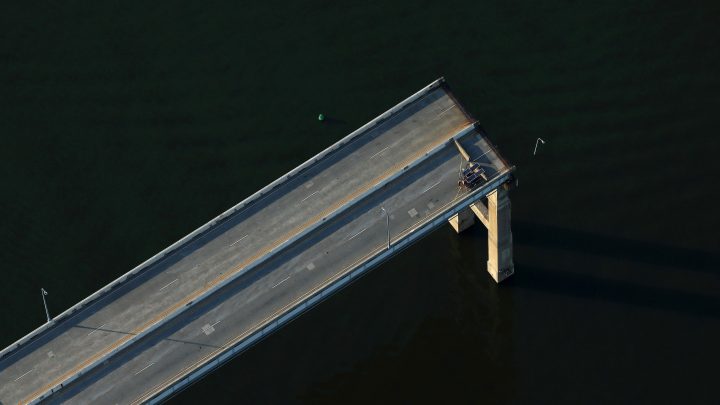
The loss of Baltimore’s bridge has snarled traffic. How do commuters cope?
Share Now on:
The loss of Baltimore’s bridge has snarled traffic. How do commuters cope?

There’s a sound effect that 70-year-old Chip Keller uses to describe his new commute: “URRRRrrr.” That’s Keller’s impression of his pickup slowing to a stop in heavy traffic.
He used to drive across the Francis Scott Key Bridge to his job as an equipment operator southwest of Baltimore. He said it would take him 20 minutes to get there early in the morning.
Now, he takes a tunnel under the river instead and said he spends at least twice as much time in his car. “We were spoiled with that bridge. Most of the people around here were spoiled with that. If we wanted to go somewhere, we were there,” he said.
Before the bridge collapsed March 26, the average commute time for people in the Baltimore area was just under 30 minutes.
But now, all the usual traffic is crowding onto the roads that are left. And vehicles with hazardous materials can’t go through the routes with tunnels.
“Part of what’s going to end up happening is a lot of truck traffic that had gone over the Key Bridge is now going to be going through the suburbs, and that’s going to cause problems on [Interstate] 695, which is the beltway in Baltimore,” said Michael Bader. He runs the 21st Century Cities Initiative at Johns Hopkins University.
All that time in the car can make people grumpy — and sad. Bader pointed out there’s research that shows long commutes tend to be linked to bad moods.
“But it also is just time. So that’s time you’re not spending with family, it’s time you’re not spending exercising, it’s time you’re not spending doing other things,” he said.
When a road is no longer accessible, commuters will find solutions. Drivers in Pittsburgh worried that they’d face longer commutes after the Fern Hollow Bridge collapsed two years ago, said transportation consultant Courtney Ehrlichman.
“The reality is people will adapt,” she said. “If those commutes are taking too long, they will ask for different start times at work. Work from home.”
She said this also creates an opportunity for drivers in the region to experiment with other kinds of transportation, like public transit or carpooling.
There’s a lot happening in the world. Through it all, Marketplace is here for you.
You rely on Marketplace to break down the world’s events and tell you how it affects you in a fact-based, approachable way. We rely on your financial support to keep making that possible.
Your donation today powers the independent journalism that you rely on. For just $5/month, you can help sustain Marketplace so we can keep reporting on the things that matter to you.



